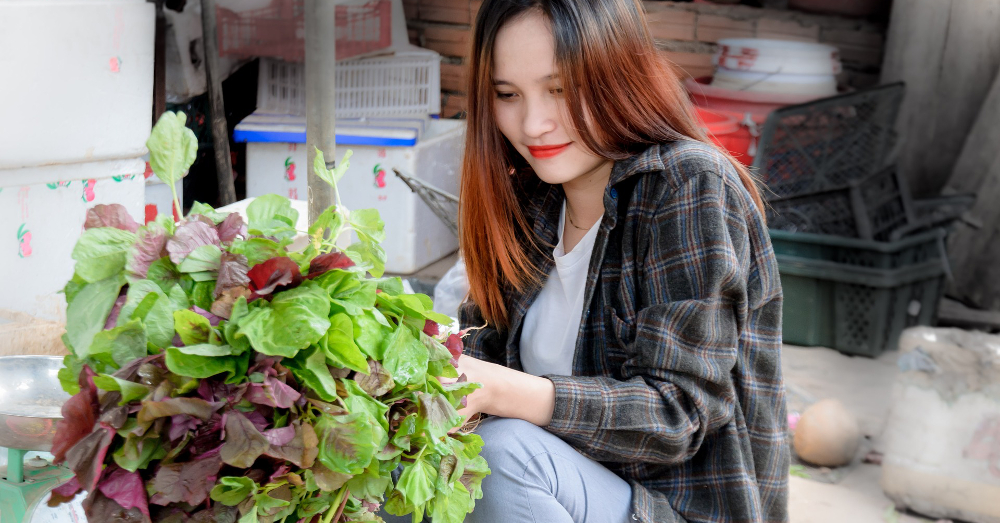
Regeneration: One Way or the Other, Millennials Must Learn How to Farm
Polyfaces—a documentary directed by Lisa Heenan and Isaebella Doherty—goes deep behind the scenes of Polyface Farm, a celebrated family-run operation located in Virginia’s Shenandoah Valley. The film explores Polyface’s unique back-to-basics farming techniques and gives a colorful look at Joel Salatin and his family as they lead the effort toward sustainable farming and slow food.
August 29, 2017 | Source: In These Times | by Jessica Wang
Polyfaces—a documentary directed by Lisa Heenan and Isaebella Doherty—goes deep behind the scenes of Polyface Farm, a celebrated family-run operation located in Virginia’s Shenandoah Valley. The film explores Polyface’s unique back-to-basics farming techniques and gives a colorful look at Joel Salatin and his family as they lead the effort toward sustainable farming and slow food.
Prizing transparency, environmentally friendly practices and the production of chemical-free, “clean” meat and eggs, Polyface offers a striking alternative to the prevailing model of industrialized crop farming and corporate agribusiness. Salatin has been named the “most innovative farmer in the world” by TIME magazine, and was featured in Michael Pollan’s best-seller The Omnivore’s Dilemma and the 2008 documentary Food, Inc.
Currently, less than 10 percent of the nation’s 2.1 million farmers have transition plans to pass their land and business to the next generation, and much has been made of the looming crisis of America’s aging farmer. But at Polyface Farm, Sheri Salatin, daughter-in-law of Joel Salatin and marketing director at the farm, has seen firsthand the growing interest in sustainable farming from the youngest generations. So in July 2014, she launched Eager Farmer—an online resource specifically meant to bridge the generational divide and give American agriculture a new way forward.
The following interview has been slightly edited.
Jessica Wang: Talk about the Eager Farmer program—what motivated you to start it?
Sheri Salatin: One of the things that we do at Polyface is teach young—and I say young farmers, but I mean inexperienced farmers—how to do this kind of farming and make a living at it. And we’d gotten to the point where our internship program had become quite popular. But it was to the point that we were getting 260 applications for eight spots. Well, my heart literally, as a mom, was breaking for all of these young farmers that we were sending away. And it’s not as if they’re not amazing, it’s because there wasn’t enough place for them. How can you possibly teach 260 students? On the flip side, we would have these older farmers coming in who had experience, and say, “My children aren’t interested in farming, and I want to do it the right way, and I just can’t find anybody.”
